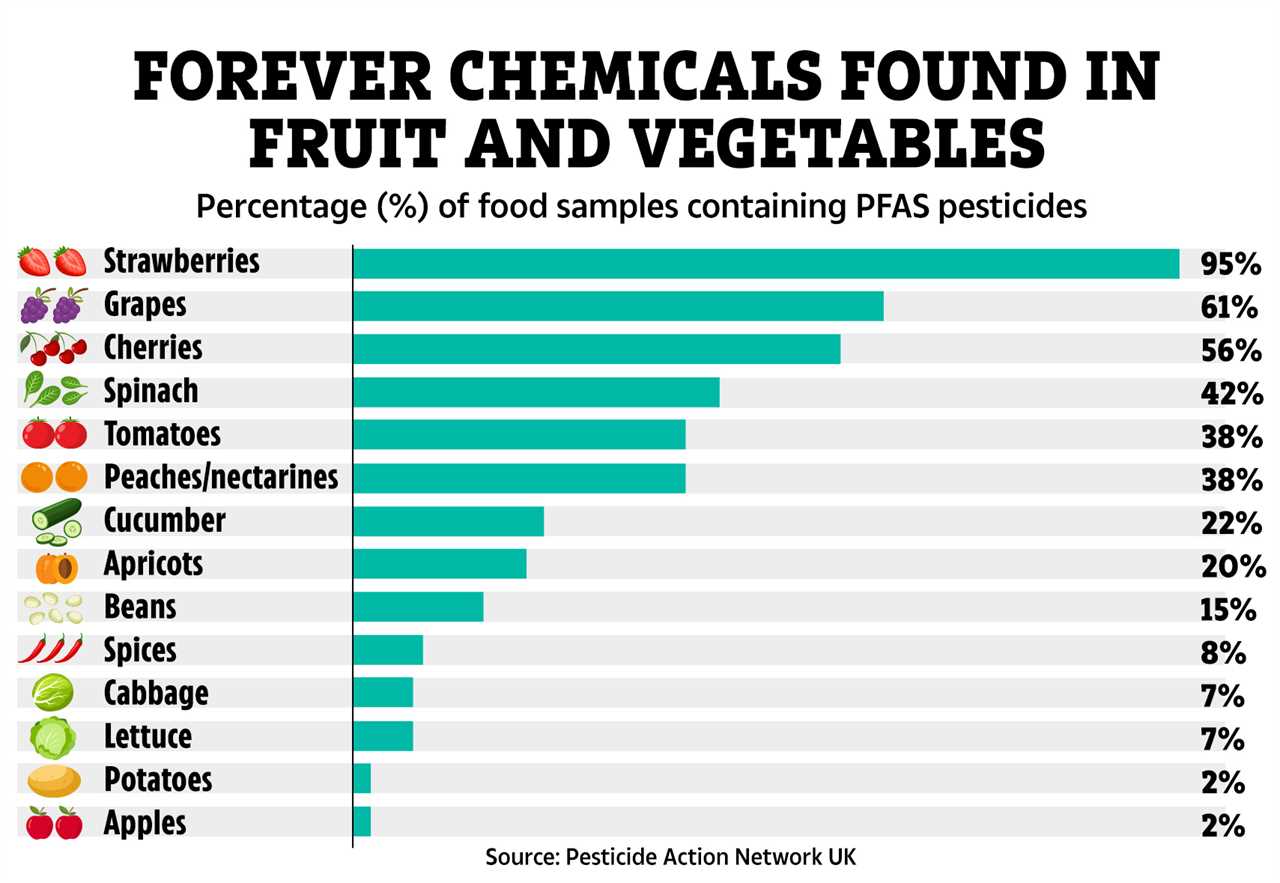
Study Overview
A recent study indicates that everyday foods like coffee, eggs, rice, and seafood may contain harmful chemicals linked to cancer. Researchers found that individuals who consume higher amounts of these foods tend to have elevated levels of polyfluoroalkyl substances (PFAS) in their plasma and breast milk.
What are PFAS?
PFAS are synthetic chemicals commonly used in various industrial and consumer products, ranging from detergents and food packaging to nonstick pans and carpets. These chemicals, often referred to as "forever chemicals," do not naturally break down and can persist in the body indefinitely after consumption.
Health Implications
Past research has associated PFAS exposure with cancer, birth defects, liver disease, high cholesterol, thyroid issues, fertility problems, and other serious health conditions. The presence of PFAS in everyday foods raises concerns about potential health risks associated with their consumption.
Study Findings and Recommendations
The study, conducted on expectant mothers, revealed that those who consumed more fish or seafood, eggs, coffee, and white rice during pregnancy had higher levels of PFAS in their plasma and breast milk. The researchers emphasized the need for environmental stewardship to prevent PFAS from entering the food chain and recommended dietary adjustments to reduce PFAS exposure.

Impact on Diet Quality
The study also found that diets rich in fruits, whole grains, and dietary fiber were associated with lower levels of certain PFAS. Maintaining a diverse diet to prevent overconsumption of any single protein source can help reduce exposure to PFAS and other contaminants present in food.
Concerns in the UK
Earlier this year, PFAS were detected in half of the fruit and vegetable samples from UK supermarkets, with strawberries showing the highest contamination levels. Campaigners are calling for measures to decrease the use of PFAS in food production and packaging to safeguard public health.
Conclusion
The presence of toxic chemicals like PFAS in everyday foods underscores the importance of awareness and regulation to mitigate potential health risks associated with their consumption. Efforts to minimize exposure to these harmful substances through dietary modifications and environmental protection are crucial for safeguarding public health.
Did you miss our previous article...
https://trendinginthenews.com/cancer/the-warning-signs-of-penile-cancer-you-shouldnt-ignore






